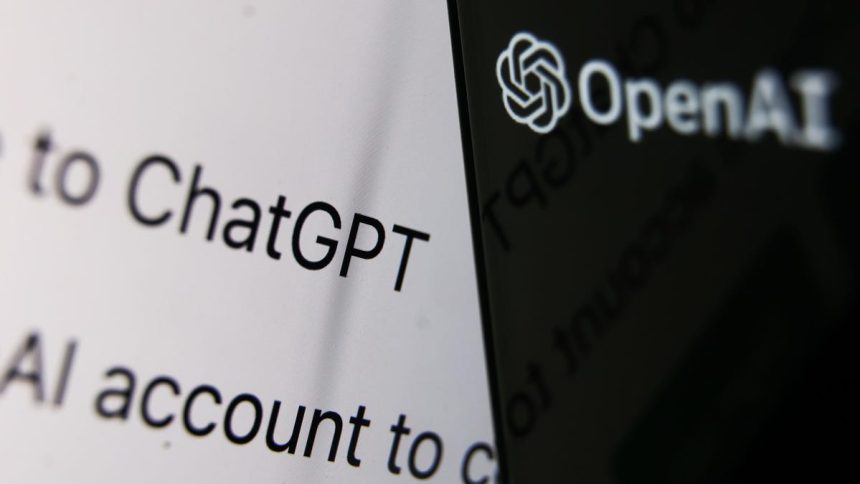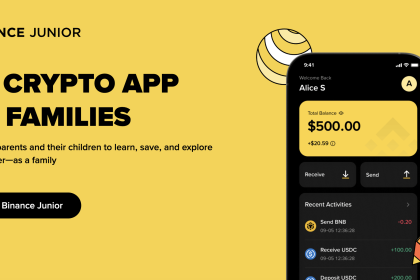A bombshell legal filing from OpenAI, part of the U.S. vs. Google antitrust case (1:20-cv-03010, Dec. 4, 2024), reveals the company’s aggressive 2025 strategy to challenge Google’s stranglehold on search.
ChatGPT is gearing up to redefine how users find information, leaning on conversational AI to deliver direct, ad-free answers that could disrupt Google’s $200 billion ad empire.
Why it matters
With Google controlling over 90% of the search market, OpenAI’s push with ChatGPT could reshape the internet, shift web traffic patterns, and challenge the SEO-driven content ecosystem. If successful, it might force Google to rethink its core business model.
What’s happening
- Conversational edge: ChatGPT prioritizes concise, context-aware answers over Google’s link-heavy results. Think: asking “best 2025 student laptop” and getting a tailored recommendation, not a list of sponsored links.
- No ads, just subscriptions: OpenAI’s betting on premium tiers like SuperGrok (details at x.ai/grok) to fund its search ambitions, avoiding Google’s ad-driven approach.
- Tech firepower: New features like DeepSearch mode (activated via UI button) and enhanced Retrieval-Augmented Generation (RAG) let ChatGPT pull real-time data and refine answers, tackling complex queries Google often fumbles.
- Voice and beyond: Already live on iOS and Android apps, voice search and multimodal inputs (text, voice, images) make ChatGPT a versatile alternative.
- Partnership play: OpenAI’s eyeing deals with browser and device makers to embed ChatGPT as a default search option, targeting Google’s Achilles’ heel: default engine contracts.
The catch:
- Scaling LLMs for search is pricey, and OpenAI’s subscription model must balance cost with user growth.
- Google’s data moat and ad ecosystem remain formidable, with billions in default search deals (e.g., Apple, Mozilla).
- Regulatory scrutiny could slow OpenAI’s roll, especially as antitrust heat mounts on Big Tech.
Between the lines
The filing hints at a secretive “BigBrain” mode for advanced reasoning, not yet public. This could be OpenAI’s ace for enterprise or niche markets.
What’s next
OpenAI’s focusing on long-tail queries (e.g., “2025 small business tax tips”) to chip away at Google’s weak spots. If partnerships and user adoption scale, 2025 could see ChatGPT siphon significant search traffic, forcing Google to counter with its own AI upgrades.










